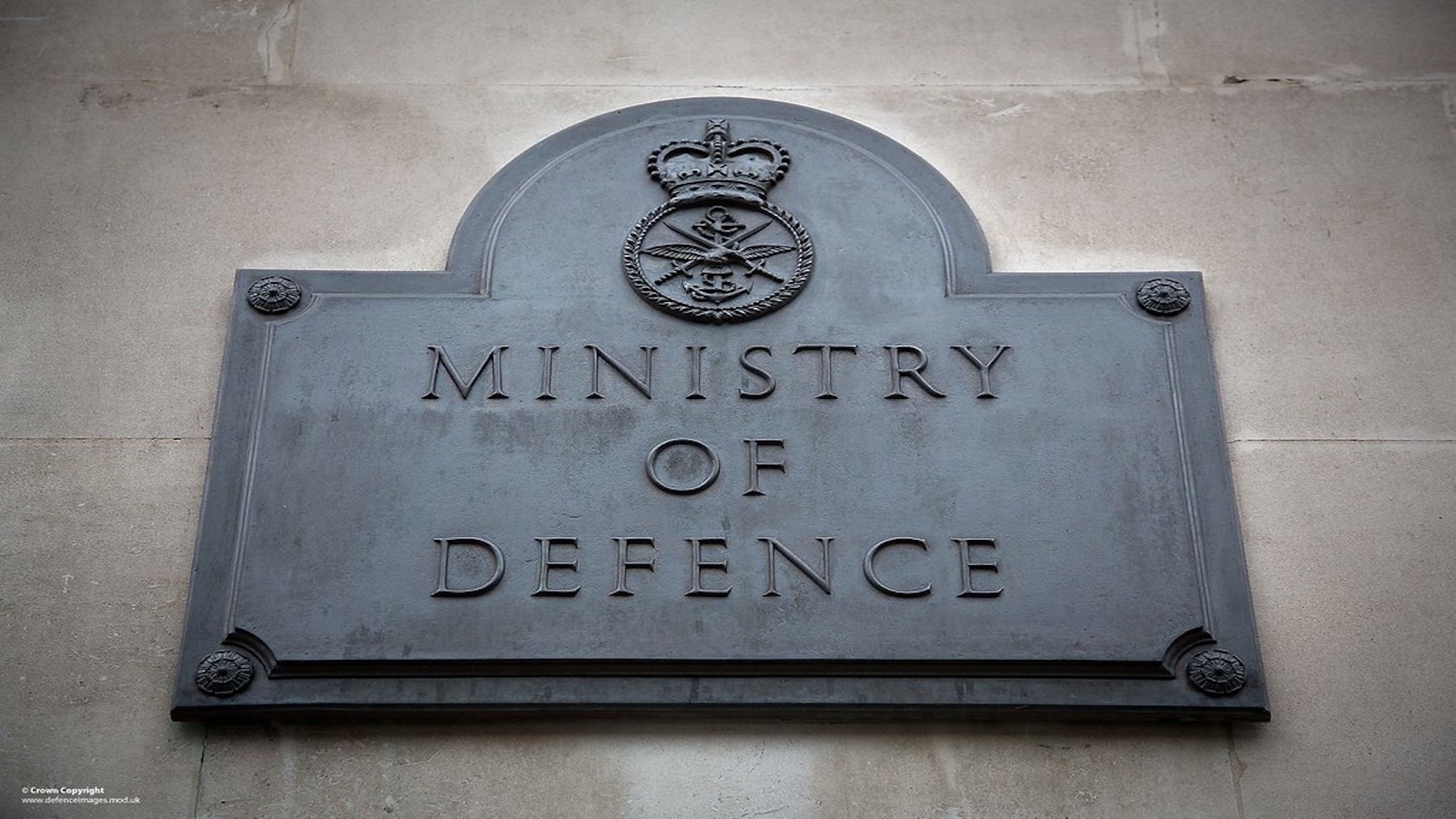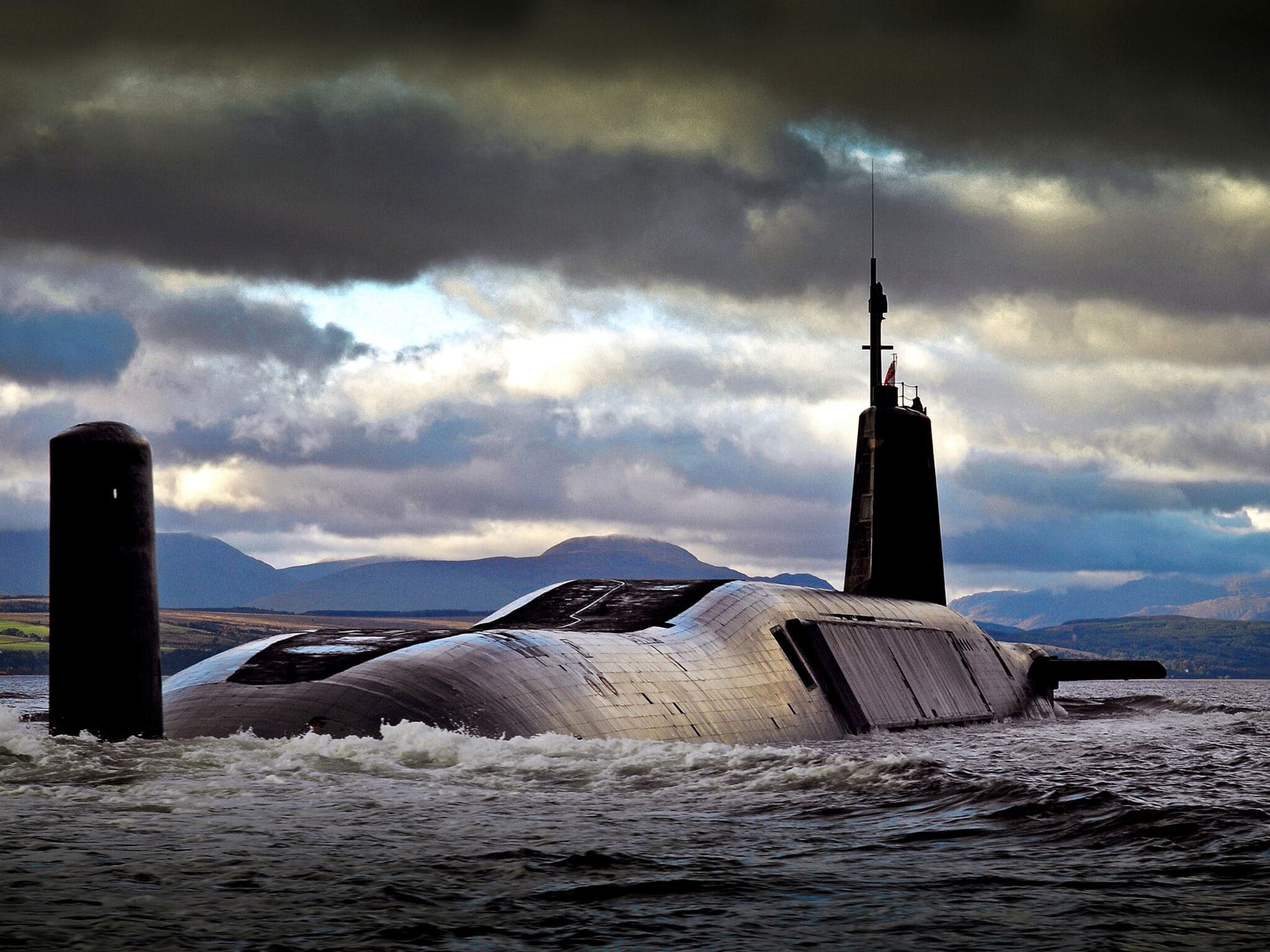The Ministry of Defence (MoD) recently unveiled the DCP, ‘Delivering the UK’s Nuclear Deterrent as a National Enterprise’, reiterating the nation’s commitment to maintaining its nuclear deterrent.
Secretary of State for Defence Grant Shapps emphasized the increasing global threats, highlighting Russia’s nuclear rhetoric during the Ukraine conflict, China’s nuclear expansion, North Korea’s sabre-rattling, and Iran’s uranium enrichment.
The DCP emphasizes the importance of the UK’s continuous at-sea deterrent (CASD) capability and outlines plans to sustain, maintain, and replace its submarine-based deterrent.
Investments will be made in critical infrastructure such as the Barrow-in-Furness shipyard, HM Naval Base Clyde in Faslane, and the Atomic Weapons Establishment (AWE) in Aldermaston. Additionally, efforts will focus on developing and retaining essential skills in submarine operations.

MOD (Credits: The Big Issue)
The core of the UK’s deterrent comprises four nuclear-powered ballistic missile submarines (SSBNs), equipped with Lockheed Martin Trident II D-5 submarine-launched ballistic missiles (SLBMs) and UK-designed warheads.
The DCP reaffirms the commitment to replace the Vanguard-class SSBNs with Dreadnought-class submarines by the early 2030s, recognizing the heightened risks beyond this period.
A new warhead, Astraea A21/Mk7, is under development to enhance capabilities and adapt to future threats. Infrastructure enhancements at Faslane will accommodate the new submarines and support the RN’s next-generation nuclear-powered attack submarine. The DCP also focuses on enhancing personnel skills, promoting recruitment, and improving retention within the submarine service.

UK Reinforces Nuclear Deterrence (Credits: Naval News)
Recent reports indicate extended deployments for submarines on CASD patrol, suggesting recruitment and retention challenges. The RN aims to address these issues by offering career opportunities across the submarine service and industry and investing in training facilities to enhance skill sets.
The DCP underscores the critical role of the UK’s nuclear deterrent in safeguarding national and NATO interests amidst evolving global threats. It outlines a comprehensive strategy to sustain and modernize the deterrent, ensuring readiness to counter emerging challenges while addressing personnel and infrastructure needs. The DCP underscores the critical role of the UK’s nuclear deterrent in safeguarding national and NATO inter























